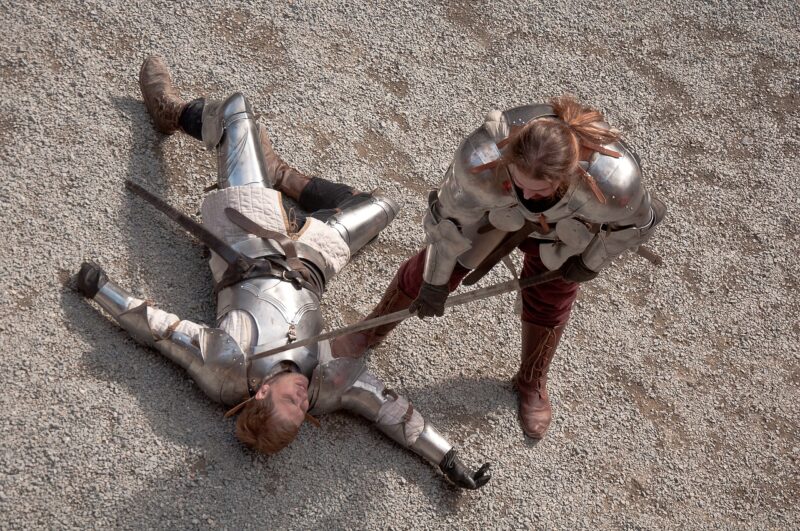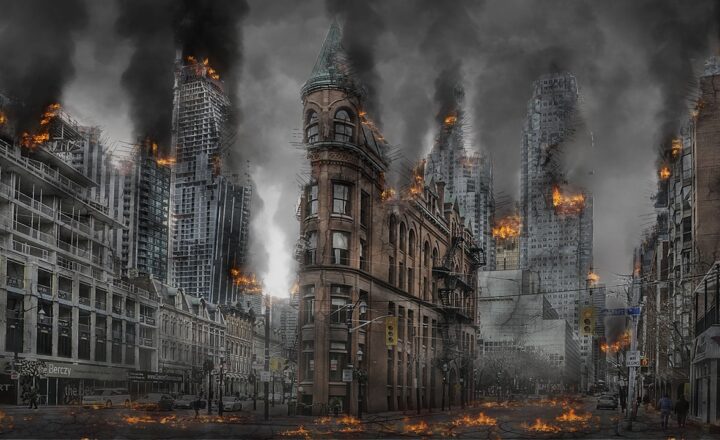
Throughout history, conflicts have shaped civilizations, influenced cultures, and altered political landscapes. From wars that redefined nations to skirmishes that catalyzed societal change, these monumental events have left indelible marks on humanity. In this article, we explore the major conflicts that have sculpted the arc of human history, highlighting their causes, repercussions, and the lessons they impart.
1. The Peloponnesian War: A Clash Between City-States
The Peloponnesian War (431-404 BCE) was fought between the Athenian empire and the Peloponnesian League led by Sparta. This protracted conflict not only resulted in significant loss of life but also marked the decline of the golden age of Ancient Greece. The fragmentation of Greek city-states highlighted the fragility of alliances and led to the eventual rise of Macedonia under Philip II and Alexander the Great.
– **Key Outcomes:**
– Shifted power dynamics in Greece.
– Set the stage for Macedonian dominance and the subsequent spread of Hellenistic culture throughout the known world.
2. The Hundred Years’ War: Shifting England and France’s Fates
The Hundred Years’ War (1337-1453) was a series of conflicts fought between England and France. Fuelled by territorial disputes and claims to the French throne, this war introduced new military technologies and tactics, transforming medieval warfare. The emergence of national identity and the decline of feudalism were pivotal shifts in post-war society.
– **Key Outcomes:**
– Instigated significant political and social changes in both nations.
– Fostered a sense of nationalism and the emergence of modern nation-states.
3. The American Civil War: Defining a Nation
The American Civil War (1861-1865) was rooted in divisions over slavery, states’ rights, and economic interests. The conflict tested the very foundation of democracy and federalism in the United States. With the Union’s victory, significant changes ensued, including the abolition of slavery and a strengthened federal government.
– **Key Outcomes:**
– Abolition of slavery through the 13th Amendment.
– A redefinition of civil rights and the ongoing struggle for equality in America.
4. World War I: The Great War and Its Aftermath
World War I (1914-1918) was a result of militarism, alliances, imperialism, and nationalism. This total war unleashed unprecedented destruction and led to the collapse of empires (such as the Austro-Hungarian and Ottoman). The Treaty of Versailles imposed severe penalties on Germany, sowing the seeds for further conflict in the following decades.
– **Key Outcomes:**
– Shifted global power dynamics towards the U.S. and the Soviet Union.
– Laid the groundwork for World War II due to unresolved tensions and economic turmoil.
5. World War II: The Ultimate Global Conflict
World War II (1939-1945) was the deadliest conflict in human history, arising from issues stemming from the Treaty of Versailles and global economic instability. The war led to the dissolution of colonial empires and a reconfiguration of political borders, resulting in the establishment of the United Nations and the Cold War.
– **Key Outcomes:**
– Formation of the United Nations, aiming to prevent future conflicts.
– Cold War tensions that shaped international relations for decades.
6. The Cold War: A War of Ideologies
The Cold War (1947-1991) was characterized by political and military tension between the Western Bloc (led by the United States) and the Eastern Bloc (led by the Soviet Union). This ideological conflict influences global politics and policies, leading to proxy wars, nuclear arms races, and significant social changes.
– **Key Outcomes:**
– The eventual collapse of the Soviet Union and the spread of democracy in Eastern Europe.
– Established international organizations and treaties aimed at reducing nuclear proliferation.
7. Conclusion: The Ongoing Influence of Conflicts
Major conflicts throughout history have not only shaped political boundaries but also the societal fabric of nations. Each war presents lessons on diplomacy, compromise, and the complexity of human nature. Understanding these pivotal moments allows societies to aspire for peace and avoid the perils of repeating history. As we move forward into an increasingly interconnected world, the insights from past conflicts can guide future generations in navigating peace and cooperation.
In recognizing the costs of war, humanity must strive for resolutions that prioritize dialogue and understanding over conflict, ensuring that the legacy of past battles shapes a more harmonious future.







